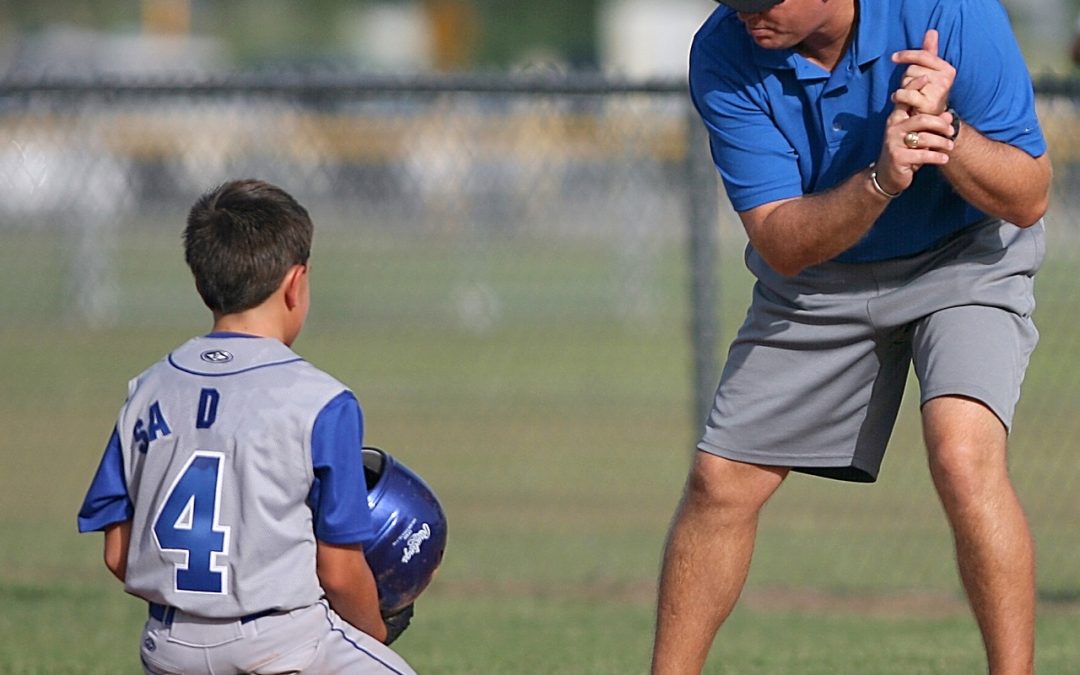For those with years of experience in coaching sports, it is known that coming across an athlete who makes your job more difficult is inevitable. A great deal of passion is involved with sports, and athletes that put their best efforts into specific games can sometimes cause problems for their teammates and coaches. As a coach, you are not only an athletic guide, but also a mentor. Below are a few ways you can effectively handle problem athletes, and offer long lasting solutions.
Consider age differences
An overlooked cause for tension between coaches and athletes is simply difference in age. While it is obviously common for coaches to be much older than the athletes he or she is managing, those with more exuberant personalities may see this as an opportunity to display their power, and refuse to listen to their coaches. On the other hand, younger coaches closer in age to the their teams may be able to better relate to individual players, or cause even more tension.
All in all, different age groups will react differently to coaches. Some thrive when coaching children and struggle when coaching teenagers, and others may do just the opposite. Consider sitting down athletes individually and having personal conversations to try and gain more insight as to what may be causing their difficulties. This will not only help them, but allow you to better relate to that specific age group.
Pay attention to your approach
One thing some coaches may refuse to believe at times is that their ways of coaching may not be effective, and may actually be promoting rebelliousness in their athletes. Is your approach aggressive? Or perhaps too open, allowing players to do what they want without consequence? Both of these coaching types can greatly inhibit athletes in their abilities to grow. Difficult athletes are sometimes caused by difficult coaches.
Show empathy
Athletes that act out, refuse to listen, or simply do not try may be going through personal issues. Rather than being nothing more than a coach, show that you care for their best interests. Giving athletes time to discuss their issues can help tremendously. Re-label their behaviors. See them as potential calls for attention rather than just insubordination. Reaching out to them allows both you and the individual athlete to work through his or her issues together.
Give them responsibility
Difficult athletes may be difficult because they feel they aren’t being properly utilized on the team. Players that feel undermined are much more likely to put little effort into their play, thus hurting the entire team. Rather than benching them, give that player a responsibility. Consider making them a captain in charge of calling plays mid-game (depending on the sport), a team assistant, or the team’s motivator. Anything that allows problem athletes to get more involved can greatly motivate them to put their best foot forward.

